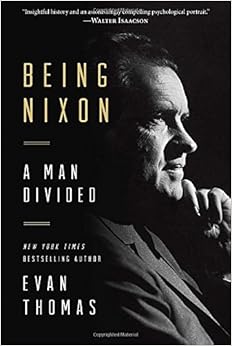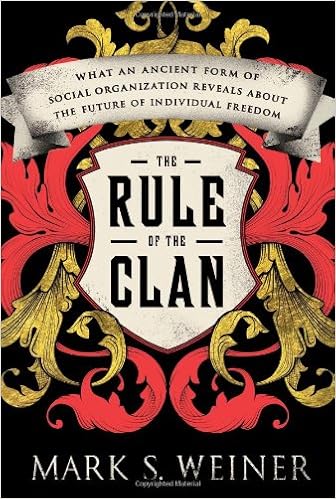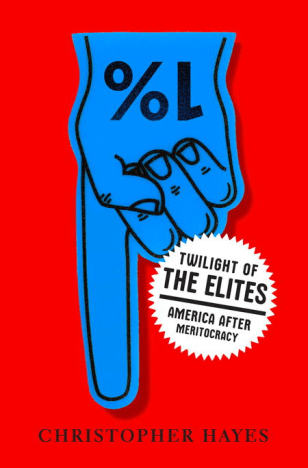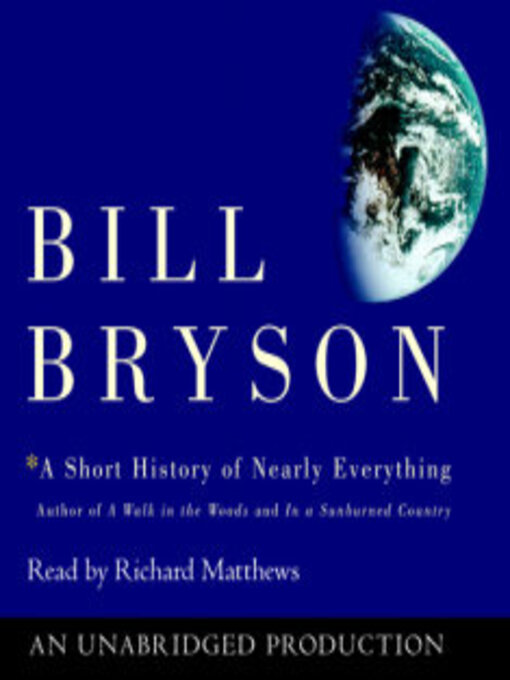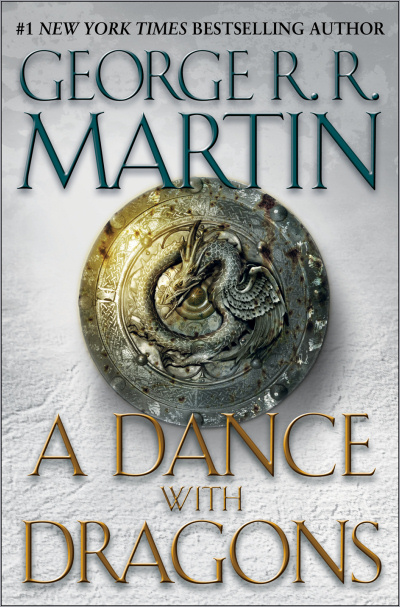Thucydides Roundtable, Addendum: Cleon Revisited
Friday, November 4th, 2016[Mark Safranski / “zen“]
After posting about “The Most Violent Man at Athens“, commenter Neville Morely who is a professor of the classics, brought it to my attention that he recently offered a qualified defense of the populist Athenian politician, Cleon. I thought that this would serve as an excellent rebuttal to my post that would interest and inform the readership. So, without further ado, Professor Morely:
Another day, another classical Trump analogy – or rather, a reiteration of one that’s already somewhat familiar, Trump as Cleon, put forward this time by G.W. Bowersock in the New York Review of Books. I have to say that, the more I see this comparison, the more I think it’s deeply unfair to Cleon, and reproduces an old-fashioned view of Athenian democracy that is based largely on sources hostile to the whole thing. Of course we don’t expect classical analogies to be based on detailed historical insight – I don’t have much to add on this point to Donna Zuckerberg’s ‘Make Comparison Great Again’ – but there are definitely bad and worse cases, evocations of the ancient world for present political and polemical purposes that are deeply dodgy rather than just moderately dubious.
At best, what this offers us is the pantomime villain whom we can boo and hiss with a sense of smugness that we have a superior idea of how bad he really is. But this one seems riskier than normal, if it slides easily into the belief that the emergence of such a figure is also a judgement against the system that has allowed him to rise to prominence. That’s precisely how Thucydides and Aristophanes (the lying MainsSteam Media) present Cleon, as evidence of the negative tendencies of Athenian democracy that headed downhill from there; is there a sense that Trump, even as he denounces American institutions, is also fuelling a suspicion of those institutions among some of his fiercest critics? Yes, there may be a case for that – but it shouldn’t be a case based on this arguable interpretation of the relationship between Cleon and Athens.
I may return to this theme in more detail – currently supposed to be working on a paper on a completely different topic for tomorrow evening – but for the moment, it suddenly occurred to me that I’ve already developed these ideas nearly twenty years ago in a piece for Omnibus called ‘Cleon the Misunderstood’ (can’t remember whether I put a question mark after that in the original). I’d certainly update this today with more discussion of how Cleon gets read in relation to Thucydides’ trustworthiness – George Grote’s criticism of the portrayal, and the academic row that ensued – but I think this stands up well enough as a summary to be worth reproducing here:
Cleon the Misunderstood
In the mid-fourth century B.C., an Athenian citizen called Mantitheus sued his half-brother for the return of his mother’s dowry. At one point in the speech, he tells the jury that his mother had once been married to a man called Cleomedon,
Whose father Cleon, we are told, commanded troops among whom were your ancestors, and captured alive a large number of Spartans, and won greater renown than any other man in the state; so it was not fitting that the son of that famous man should wed my mother without a dowry. (Demosthenes, 40.25)
Juries in Athens were made up of at least a hundred and one dikastai, chosen by lot from volunteers who had to be Athenian citizens over thirty years old. The speaker had to try to persuade the majority of these jurors to vote in his favour, whether because of the strength of his case or by appealing to their sentiments. Certainly he would not want to alienate too many people by expressing unpopular views; Mantitheus must therefore have assumed that his description of Cleon as a famous Athenian leader would be accepted by many among his audience. Yet such a positive assessment is likely to come as a surprise to most students of Athenian history, especially those familiar with Thucydides’ account of the part played by Cleon in the course of the PeloponnesianWar.
Read the rest here.

